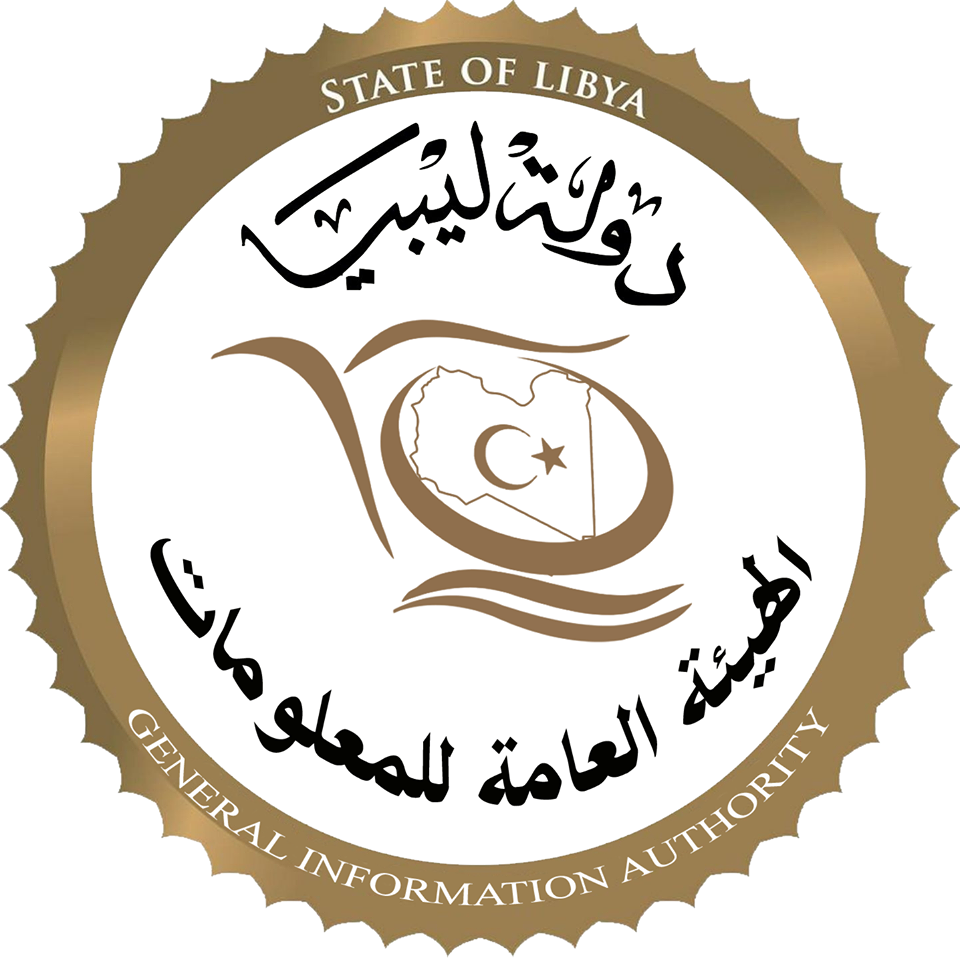The General Information Authority (GIA) announced last Tuesday (14 October) that it had organized on the same day a national consultative workshop at its Tripoli headquarters, in cooperation with the United Nations Economic and Social Commission for Western Asia (ESCWA). The workshop discussed the preparation of the National Strategy for Artificial Intelligence in Libya.
The Chairman of the GIA, Abdulbasit Al-Baour, and several regional experts and advisors from ESCWA participated in the workshop via video conference. Representatives from ministries, academic institutions, civil society organizations, the private sector, and national AI initiatives also participated, giving the workshop a broadly participatory nature that reflects the importance of this vital issue.
In his opening remarks, Al-Baour emphasized that organizing this workshop represents a turning point in Libya’s digital transformation process, noting that artificial intelligence has become a fundamental pillar for economic growth and improving the efficiency of government services.
He explained that the Authority is working to develop an integrated and ethical national framework for the use of artificial intelligence. This framework aims to build national capacities, stimulate research and development, and encourage innovators, entrepreneurs, and startups to develop smart national solutions that support the digital economy and achieve sustainable development.
He added that the strategy will include a clear national methodology for adopting artificial intelligence tools and technologies within government institutions and the private sector, ensuring the safe and responsible use of technology and enhancing productivity and the quality of digital services.
For his part, Dr. Mohamed Nawar Al-Awa, Regional Advisor on Technology for Development at ESCWA, and Dr. Ali Bakir, ESCWA National Expert, affirmed the organization’s readiness to provide technical support and international expertise to assist Libya in formulating an integrated strategy that considers global best practices and serves national development priorities.









